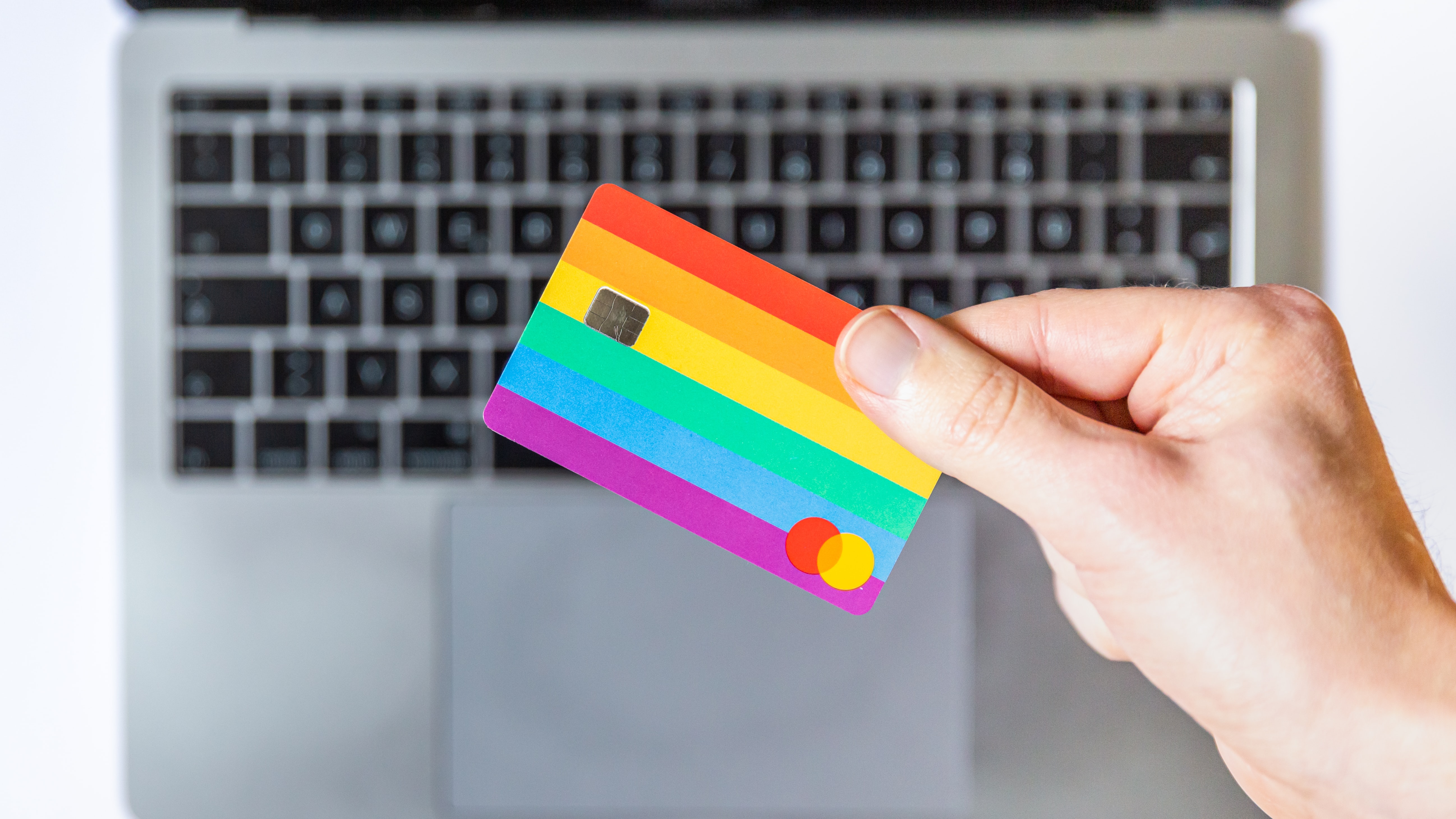If you’re a new business owner, a business bank account is something you will most likely need. A business bank account is separate to your personal bank account and is used for business transactions only. Usually set up in the business name, payments will be made to and from the business account. To find out who needs a business bank account and how to open one, read our expert guide below.
Do I need a business bank account as a sole trader, self-employed, or freelancer?
In the UK, it is not a legal requirement to open a business bank account as a sole trader. A sole trader is defined as a business owned and run by one-person, however, they do not necessarily work alone. Essentially, to own your own business and work for yourself means you are a sole trader. Self-employment is a label used to describe somebody who works for themselves. If you’re self-employed and own the business (which is often the case) then you are a sole trader.
In a similar vein, freelancers are under the same umbrella legally as a sole trader or self-employed, but differ in the way they do not have employees and have less autonomy as they are hired by other businesses rather than working for themselves.
The reason self-employed people aren’t required to have a business bank account is because the business is not legally separate from you. You are your business, therefore, you can have one all-encompassing bank account.
If you’re self-employed you can use a personal bank account, however, it is easier to keep track of business costs, outgoings and incomings if you have a separate business account. Accurate tax reporting is essential for sole traders, freelancers and self-employed individuals which is made much easier with a business bank account.
Do I need a business bank account for a limited company?
If you have a limited company you must have a separate business bank account. This is because, rather than being a sole trader/self-employed, your business is legally separate from yourself and, therefore, your finances must be too. It is a legal requirement to keep your business and personal finances separate in the UK.
What do I need to open a business bank account?
Firstly, depending on the size of your business and what you require you should shop around and compare different banks, depending on your eligibility you can get a business bank account that is best suited for your needs.
To open a business bank account you must run a small business or start up and you will usually need the following:
- Proof of ID - such as a passport or driving licence
- Proof of UK address - you can use bank statements or a council tax bill
- Business address and contact details
- Business information such as:
- Number of employees (if any)
- Companies House registration number
- Your businesses’ tax status and VAT registration
- Estimated annual turnover
Business accounts may differ between banks so make sure you check your chosen provider's website carefully to ensure you are eligible and have everything you need to open your account.
Opening a business bank account can be a swift and easy process, to understand more about banking read our expert guide to sort codes or for more insight into setting up finances for a small UK business, read Dojo’s guide to opening a shop.
Regardless of the business account you decide to use, you’ll need an efficient way for your customers to pay. So if you’re looking for next day transfers, rapid transaction speeds, built-in 4G and a card machine with a long battery life, find out more about the Dojo Go card machine today.



